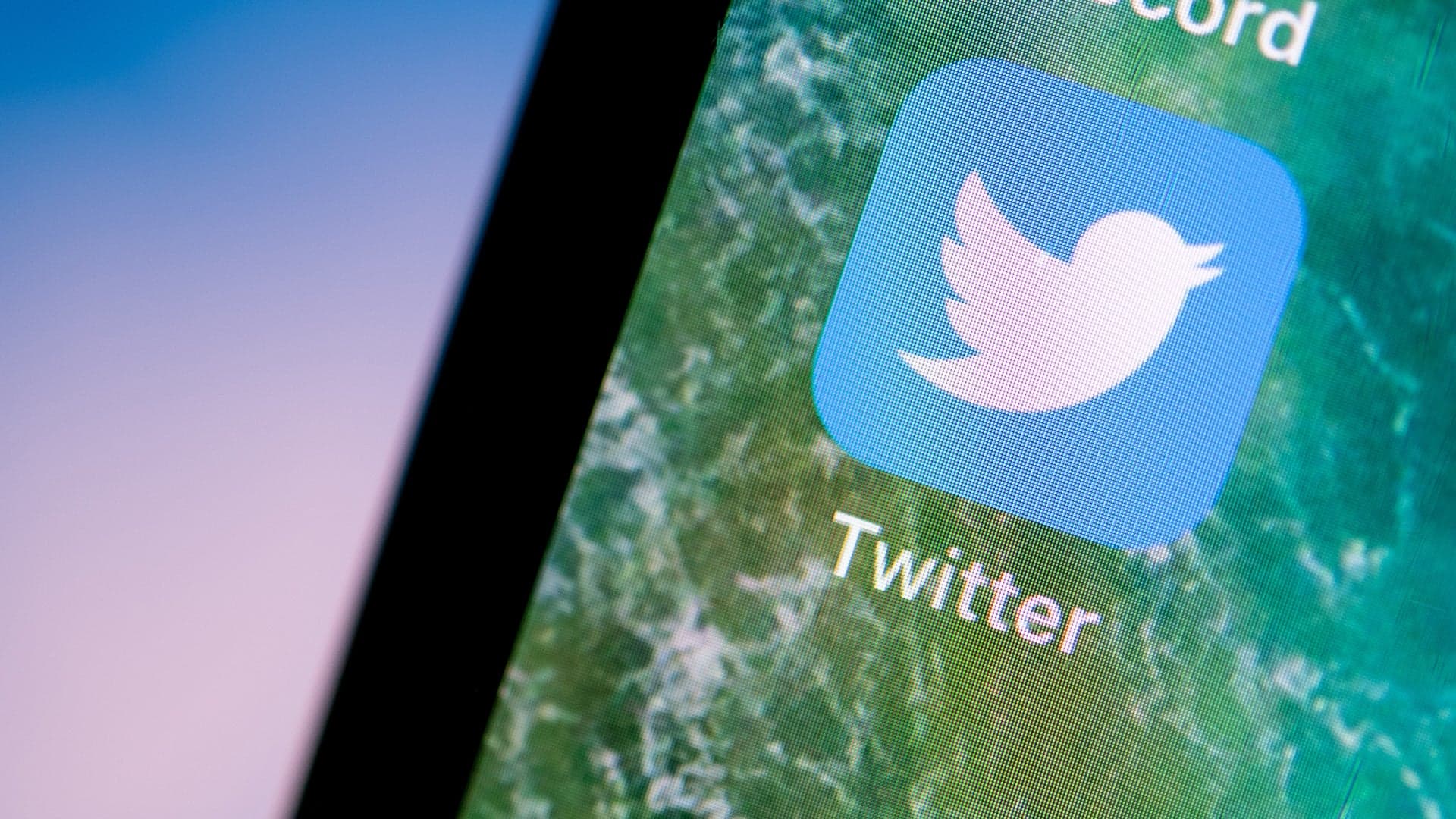On July 15, 2006, the San Francisco-based podcasting company Odeo officially releases Twttr—later changed to Twitter—its short messaging service (SMS) for groups, to the public.
Born as a side project apart from Odeo’s main podcasting platform, the free application allowed users to share short status updates with groups of friends by sending one text message to a single number (“40404”). Over the next few years, as Twttr became Twitter, the simple “microblogging” service would explode in popularity, becoming one of the world’s leading social networking platforms.
Twitter co-founder Evan Williams first made his name in the Silicon Valley tech world by founding the Web diary-publishing service Blogger, which he sold to Google in 2003 for several million dollars. In 2005, William co-founded Odeo with another entrepreneur, Noah Glass; that fall, however, Odeo’s main service was made obsolete when Apple launched iTunes (including a built-in podcasting platform).
After Williams asked the team of 14 employees to brainstorm their best ideas for the flailing startup, one of the company’s engineers, Jack Dorsey, came up with the concept of a service allowing users to share personal status updates via SMS to groups of people. By March 2006, they had a working prototype, and a name—Twttr—inspired in part by bird sounds, and adopted after some other choices (including FriendStalker) were rejected. Dorsey (@Jack) sent the first-ever tweet (“just setting up my twttr”) on March 21.
At the time Twttr launched to the public in July 2006, it was still a side project of Odeo, while the company’s primary offering, the podcasting platform, was going nowhere. That fall, according to a report in Business Insider, Williams bought out the company’s investors, changed Odeo’s name to Obvious Corporation and fired Glass, whose role in the birth of Twitter (including coming up with its name) wouldn’t become public until years later.
Within six months after the launch, Twttr had become Twitter. Once the service went public, its founders imposed a 140-character limit for messages, based on the maximum length of text messages at the time; this was later expanded to 280 characters.
Use of Twitter exploded at the South by Southwest convention in Austin, Texas, in March 2007, when more than 60,000 tweets were sent per day, and grew rapidly from there. By 2013, the New York Times reported that the company had more than 2,000 employees and more than 200 million active users. That November, when the company went public, it was valued at just over $31 billion.
Though Twitter’s user base is much smaller than that of Facebook (which has more than 2.9 billion monthly active users as of 2022), it has increasingly become a source of breaking news and information, especially for younger users. The company’s prominence rose with the election of President Donald Trump in 2016, who was outspoken on Twitter throughout his campaign and often tweeted policy decisions or other announcements during his administration. (The former president was banned from the service in 2021 for using it to incite violence.) Like other social media companies, Twitter has faced intense pressure to police the content on the site more closely to prevent harassment, hate speech and disinformation, as well as better protect its users’ privacy.

